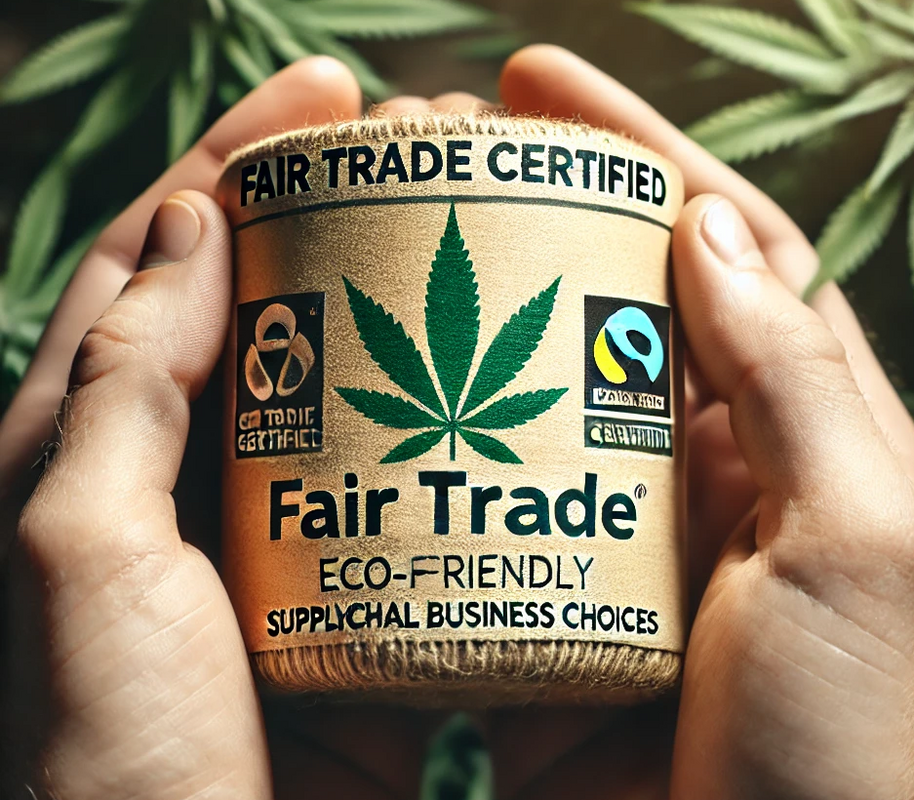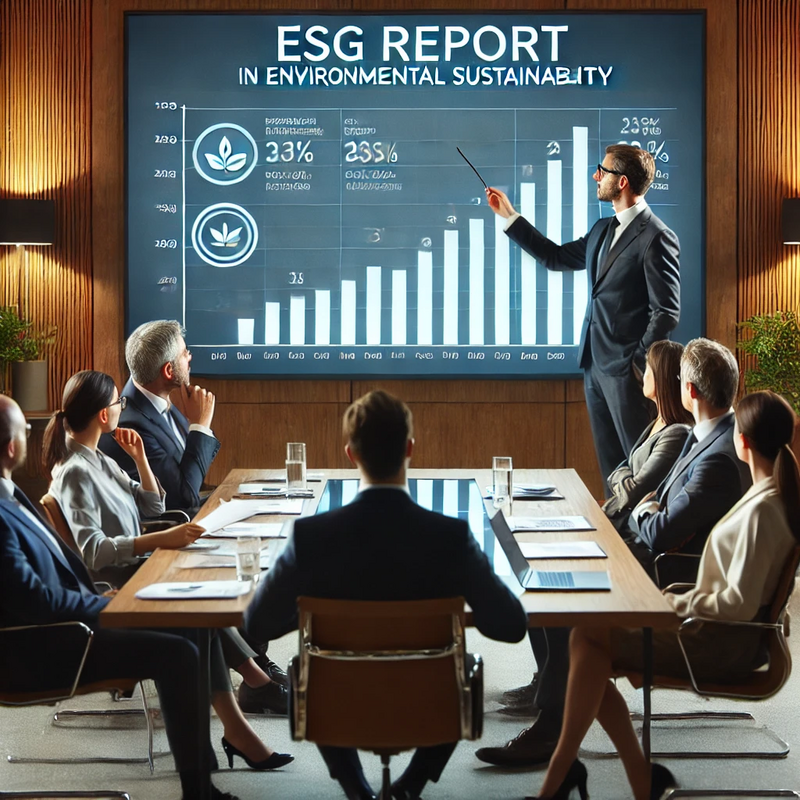
As the cannabis industry continues to evolve, especially within the UK, businesses are increasingly being judged not just by their products but by how they operate. Terms like Corporate Social Responsibility (CSR) and Environmental, Social, and Governance (ESG) have become central to how companies in all sectors, including cannabis, are assessed by consumers, regulators, and investors alike. Understanding the connection between CSR and ESG is critical for businesses aiming to build trust, achieve long-term growth, and foster sustainable development.

What is CSR?
Corporate Social Responsibility (CSR) is essentially a company’s pledge to contribute positively to society. It goes beyond profit and looks at how a business can make the world a better place. CSR encompasses a wide variety of practices, including environmental conservation, ethical sourcing, community engagement, employee welfare, and charitable work.
For many companies, CSR means investing in initiatives that improve their communities, help protect the planet, and create a positive impact for all stakeholders—employees, customers, and society at large. In the UK cannabis industry, this could mean engaging in ethical cultivation practices, supporting local communities through job creation, or sponsoring health education initiatives.
A great example of CSR in practice would be a cannabis company that commits to reducing its carbon footprint by using renewable energy in its production facilities or offering fair wages and safe working conditions for its employees. These efforts are typically driven by the company’s internal values and mission.

What is ESG?
Environmental, Social, and Governance (ESG), while closely related to CSR, takes a more structured and data-driven approach. ESG focuses on evaluating a company’s impact in three key areas:
- Environmental: How does the business affect the planet? This includes issues like energy use, carbon emissions, waste management, and water conservation.
- Social: How does the company treat people? This includes its relationships with employees, customers, suppliers, and the communities where it operates.
- Governance: How is the business governed? This covers corporate structure, ethics, transparency, anti-corruption efforts, and leadership diversity.
Unlike CSR, which can be more flexible and values-driven, ESG is about measurable outcomes. It provides a framework for businesses to track their performance in these areas and disclose that information to investors, regulators, and the public. For example, a cannabis company may be assessed on how sustainably it grows its plants (environmental), how it engages with communities or offers employee benefits (social), and how transparent its leadership is (governance).
Investors use ESG criteria to gauge the long-term sustainability of a company. A business that performs well on ESG metrics is seen as being better prepared for future risks, more ethical, and more likely to attract investment.

The Connection Between CSR and ESG
So, how do CSR and ESG tie together? Think of CSR as the broader philosophy of a company, the why behind its actions—why it chooses to do good for society and the environment. ESG, on the other hand, is the how—how these actions are tracked, measured, and reported.
CSR is the foundation of ESG. Many companies start by adopting CSR initiatives: they might plant trees, donate to local charities, or engage in community clean-ups. But as these efforts become more formalised, companies start tracking their progress and reporting it to stakeholders. That’s where ESG comes in. ESG takes the goodwill of CSR and turns it into a structured approach that can be evaluated, compared, and improved over time.
For example, if a cannabis company is deeply committed to using eco-friendly packaging (a CSR initiative), ESG comes into play when the company begins to track the impact of this initiative—measuring how much plastic waste is being reduced and reporting these figures to investors. Similarly, a commitment to community outreach could be part of a company’s CSR, while ESG ensures that these efforts are measured and regularly reported to demonstrate their social impact.
The Importance for the Cannabis Industry
For companies in the legal cannabis sector, especially in the UK, understanding how CSR and ESG connect is crucial for several reasons:
- Building Trust: As a relatively new industry, legal cannabis businesses face heightened scrutiny. Demonstrating a commitment to CSR and adhering to ESG principles can help build trust with consumers, regulators, and the wider community.
- Attracting Investment: ESG criteria are increasingly important to investors. A business that can show strong performance in ESG areas is more likely to attract sustainable investment.
- Regulatory Compliance: The cannabis industry is highly regulated, and strong governance (the "G" in ESG) helps ensure that companies operate ethically and transparently, reducing the risk of legal issues.
- Sustainability: As the world moves towards more sustainable business practices, those that integrate environmental responsibility into their operations will be better positioned for long-term success.

CSR and ESG are closely linked concepts that work together to shape the future of responsible business. CSR reflects a company’s values and commitment to doing good, while ESG ensures these commitments are measurable, transparent, and accountable. For the cannabis industry in the UK, integrating both CSR and ESG principles into business practices not only helps to build trust and attract investment but also ensures long-term sustainability and success.
By aligning their CSR goals with ESG frameworks, cannabis businesses can demonstrate that they are not only committed to ethical practices but are also prepared for a sustainable future.
Published 14/10/2024






You must be logged in as a member to add comments.
Become a member
Already a member? Log in or create an account.